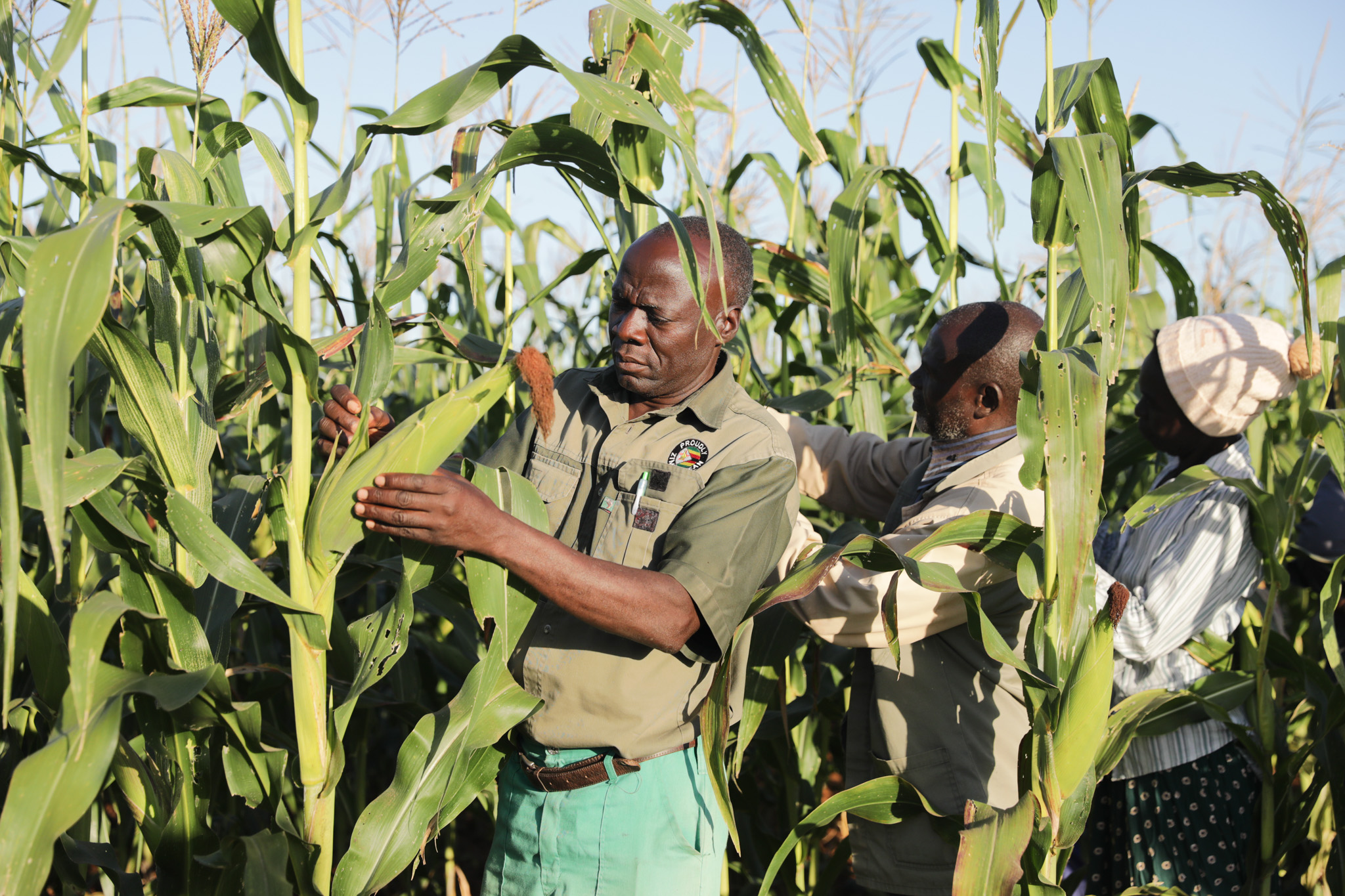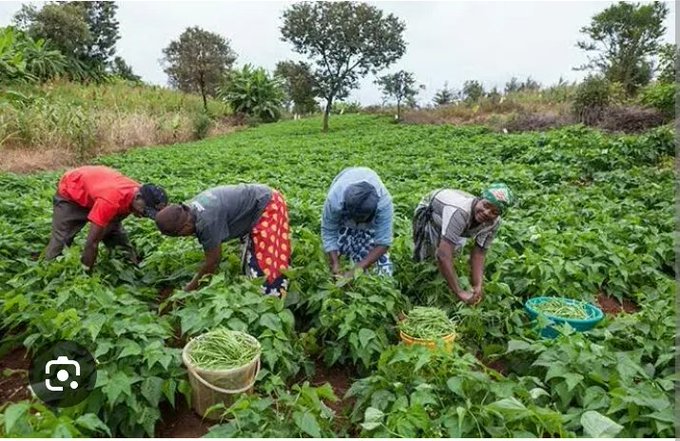From bush to breadbasket
Nature and ManZW Team
Jul 21, 2025

Nature and ManZW Team
Jul 21, 2025

Sharleen Mohammed
Not so long ago, the land where Pikinini Jawanda Irrigation Scheme now thrives was nothing but wild bush a place where families hunted rabbits and birds. For decades, people dreamt of turning it into farmland after Manyuchi Dam was built in 1985, but nothing materialized.
That dream finally came to life through the Climate Resilient Livelihoods Project, led by the Ministry of Agriculture, Land, Fisheries, Water and Rural Development through Government of Zimbabwe with support from the Green Climate Fund (GCF) and United Nations Programme (UNDP).
With nearly USD 1.1 million invested, 156 hectares were developed into a climate-proofed irrigation scheme.
An innovative floating pontoon pumping system was installed in the Manyuchi River. It moves with changing water levels, making sure farmers can irrigate their crops even during dry spells. Over 40% of the land uses center pivots, while the rest is irrigated by sprinklers modern systems that reduce water waste.
Each of the 300 beneficiaries played a part. “We cleared the land ourselves, before equipment arrived,” said Mr. Chizivano Shava, Chairperson of the Irrigation Management Committee.
He added: “Even with very little, we were determined to help our community move forward.”
They put in 45 days each of manual labour work valued at around USD 54,000. The farmers also sourced half of the fencing material needed to secure the scheme, using tree branches on the remaining sections to start planting without delay.
“Everyone had a role,” Mr. Shava said. “The young cleared trees. The older ones followed behind.”
Since then, transformation has followed. From just a small portion of cultivated land, they harvested 19 tonnes of grain and earned nearly USD 4,000 in cash sales. They’ve now secured a sugar bean seed contract with a private company a move that guarantees them a steady market.
“The progress at Pikinini Jawanda shows what is possible when communities lead from the front,” said a UNDP official involved in the project. “This scheme is proof that with the right support, smallholder farmers can build climate-resilient livelihoods.”
To keep the scheme running, farmers have set aside 5 hectares of land just to grow crops for operations and maintenance. They’ve also introduced a gender-sensitive security system: women guard the fields during the day, while men take over at night.
Extension Officer Mr. Jonah Bukuvani said the trainings given to the farmers have made a huge difference. “We’ve covered everything from leadership and water management to financial literacy,” he said. “My role now is to help them stay focused and build a real agribusiness.”
During a recent visit, Permanent Secretary in the Ministry of Agriculture, Professor Obert Jiri, applauded the initiative.
“This kind of ownership and community commitment is exactly what’s needed. It’s how we grow smallholder farming into commercial farming,” he said.
Once a hunting ground, Pikinini Jawanda is now a place of production, income, and hope.

Access to proper nutrition remains a challenge for many households affected by H...

Zimbabwe’s Ministry of Lands and Agriculture is pushing for 10% of the 2026 nati...

In the dusty plains of Mwenezi, a community once marked by hardship is now rewri...

To grow more food, we must first understand our soil. Fertiliser company Nutrima...